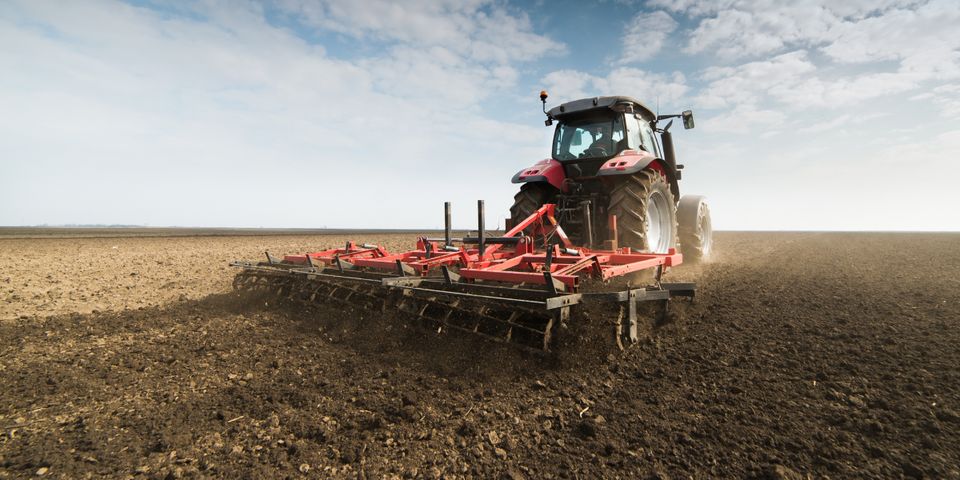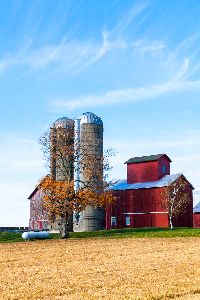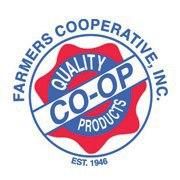3 Benefits of Using Propane for Farming

Farmers rely on a variety of tools to support their operations. Those often hefty pieces of equipment may require propane. The naturally occurring gas offers more than just energy to fuel these important operational devices; it also provides farmers with significant benefits. Here are a few you should know if you work in agriculture.
How Does Propane Benefit the Farming Industry?
1. Minimize Grid Reliance
Anything that you can do to minimize your reliance on the power grid works to your farm’s benefit. You won’t have the need to install electric lines, and you’ll rely strictly on a propane delivery service to supply your energy. The substance is so versatile that it can easily take the place of electricity. Use it to warm up your buildings or to power up your devices.
2. Easy to Access

Availability is important in an industry where your fuel needs are constant. Since the majority of propane used in the United States is harvested in North America, you can be confident that there will always be adequate supply available to you.
It’s also flexible to deliver; distributors can send it through a variety of channels, from pipelines and railroads to trucks and ships. Your delivery service will then stock up on propane and bring it to you, taking the hassle out of obtaining it yourself.
3. Reduce Environmental Impact
Many farmers have a deep respect for the planet and its bounty. You may be inclined to seek out practical ways to minimize the burden on the environment.
Propane is a clean-burning alternative to other fuel sources, like natural gas and coal. It produces extremely low levels of soot and carbon monoxide, so you can feel confident knowing that using it widespread throughout your farm will not pose a threat to the environment.
If you’re seeking propane and other supplies for your farm, visit Farmers Cooperative Inc. Proudly serving the agricultural industry in Suwannee and Madison counties in Florida since 1946, the hardware store carries an extensive range of products ranging from fertilizers to animal feed. Visit the website for information, or call (386) 362-1459 to speak with a representative.
About the Business
Have a question? Ask the experts!
Send your question

